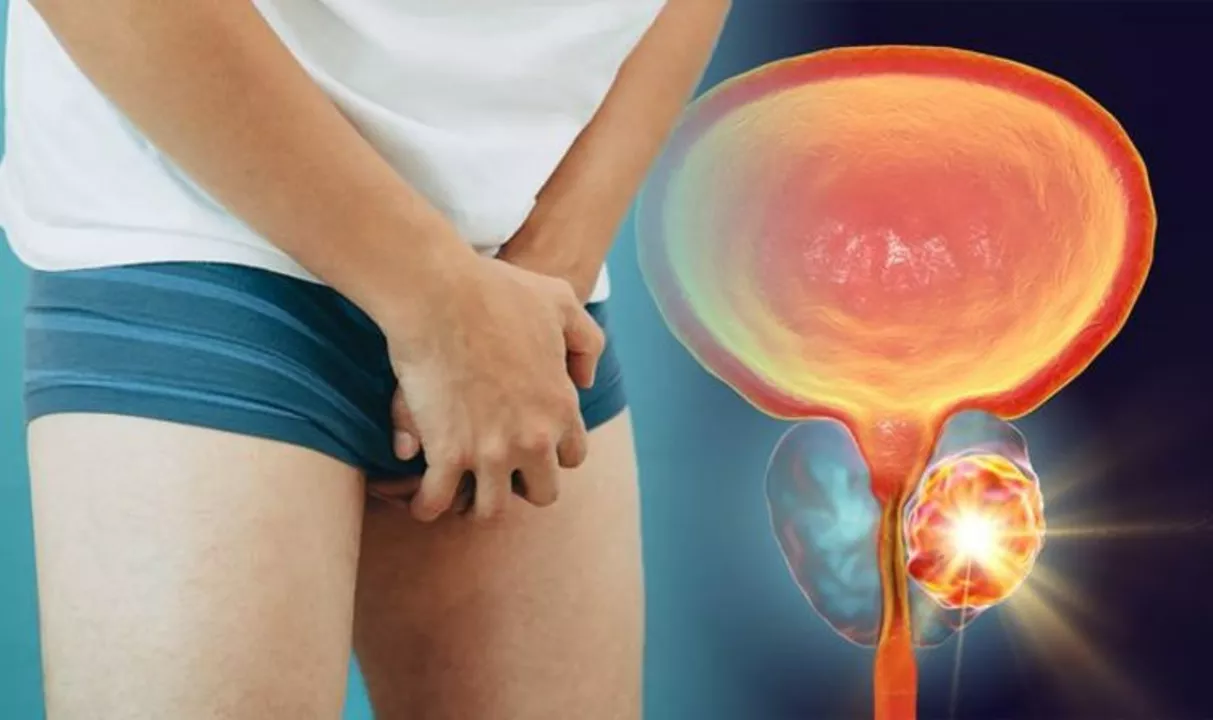Feeling a burning when you pee, spotting blood, or needing the toilet every hour? Those are urinary symptoms — and they tell a story. Some are mild and fixable at home, others need quick medical care. This page helps you spot the difference and take the right next step.
Here are symptoms people notice most and the likeliest causes:
Burning or pain with urination: Often a urinary tract infection (UTI) in women or a prostate issue in men.
Urgency and frequency: Feeling like you must go right away or going often can come from infections, overactive bladder, or irritation from caffeine and alcohol.
Blood in urine (pink, red, or brown): Could be a UTI, kidney stone, or less commonly something more serious. Even a small amount of blood should be checked.
Cloudy or foul-smelling urine: Typical with infections, but diet and supplements can also change smell and color.
Lower belly or flank pain: Pain in the lower abdomen often points to bladder infection; side or back pain can suggest kidney involvement or stones.
If you notice mild symptoms without fever, try these first: drink extra water, skip caffeine and alcohol, and use a heating pad for pain. Over-the-counter pain relievers help short-term. If symptoms ease within 24–48 hours, keep an eye on them.
See a doctor now if you have:
- Fever, chills, or shaking
- Severe pain in the back or side
- Blood in the urine
- Inability to pass urine
- Nausea or vomiting with pain
A provider will usually do a urinalysis and, if needed, a urine culture. Men with urinary problems may need a prostate exam or ultrasound. If blood or recurrent infections appear, imaging like an ultrasound or CT scan can check for stones or structural issues.
Antibiotics treat most bacterial UTIs. Your doctor will pick a medicine based on the likely germ and test results. For kidney stones, treatment ranges from pain control and fluids to procedures if the stone is large.
Preventive steps that help most people: drink enough water, pee after sex, wipe front to back, avoid irritating soaps, and cut back on caffeine and alcohol. If you get frequent UTIs, your doctor may suggest a short course of daily low-dose antibiotics or other strategies.
If you're unsure, call your clinic. Quick treatment prevents complications and gets you back to normal faster. Keep track of symptoms and any medicines you take — that helps your clinician make the right call.

As a blogger, I have recently explored the connection between an enlarged prostate and nocturia. It turns out that an enlarged prostate, or benign prostatic hyperplasia (BPH), can cause urinary symptoms like nocturia, which is the excessive need to urinate at night. This happens because BPH can obstruct the urethra, leading to incomplete bladder emptying and increased urine production. It's essential to address this issue as it can significantly affect sleep quality and overall well-being. If you or someone you know is experiencing nocturia, it's important to consult a healthcare professional to discuss possible treatment options.
